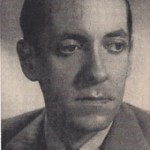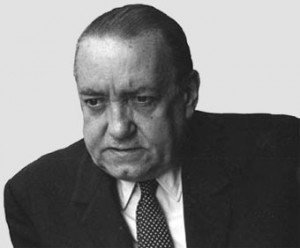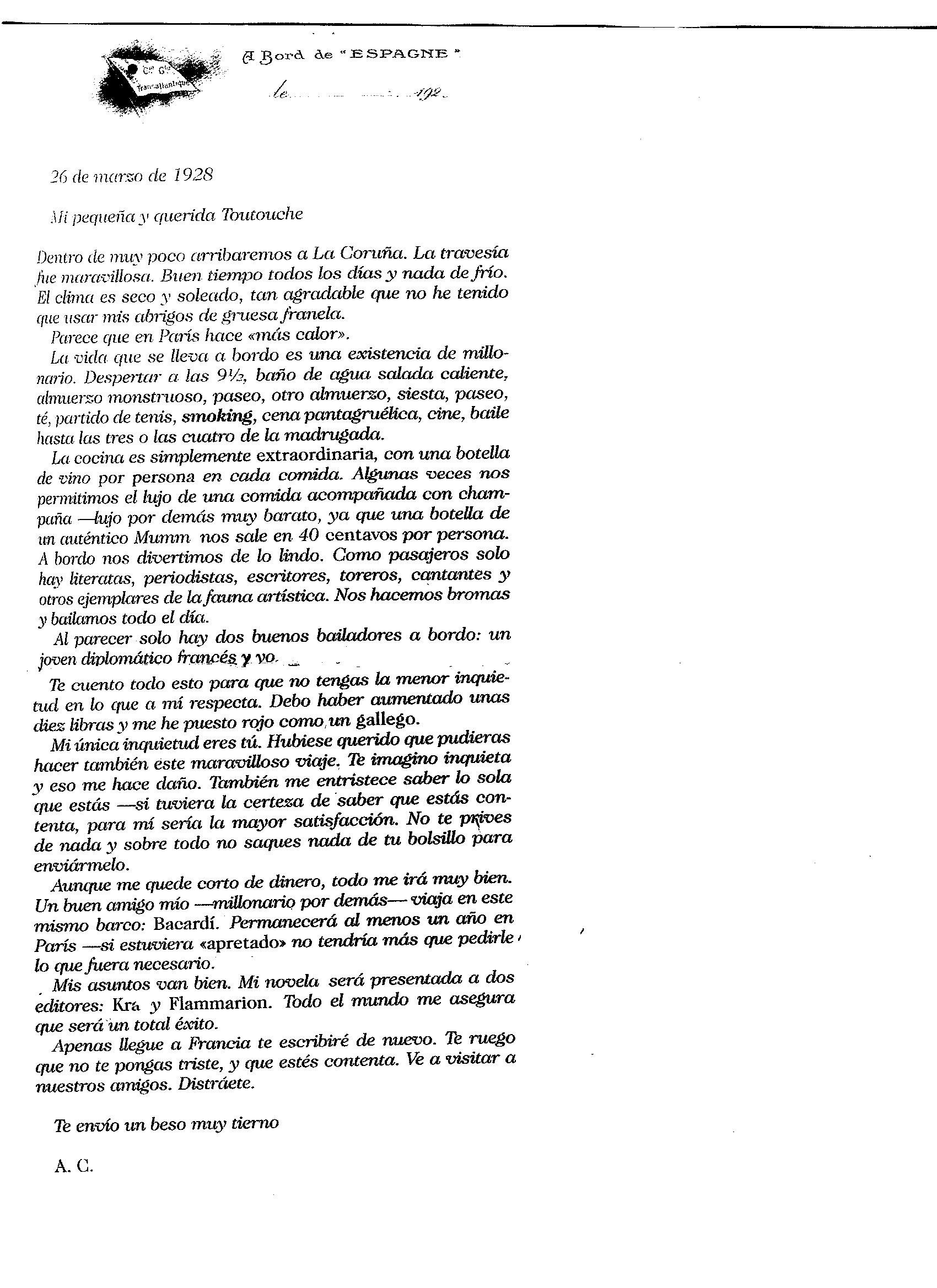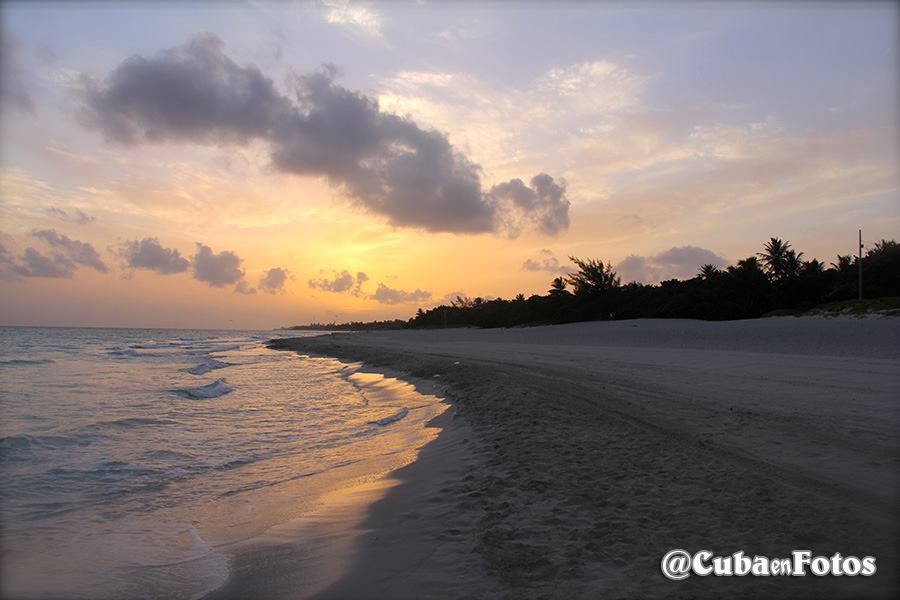WHEN ALEJO CARPENTIER TRUSTED THE BACARDI FAMILY.
On March 15, 1928, Alejo Carpentier left Havana for Paris in the transatlantic ‘España’, the same ship carrying the surrealist poet Robert Desnos. The decision to leave the island was a departure understandable after accreditation problems of citizenship of those who came his insistence on repeating the lie of his birth in Maloja street in Havana.
Eleven days after leaving behind a stage of busy work in the pages of major newspapers habaneros, commitment to the Cuban artistic vanguard and a precarious economic situation following the abandonment of the father and the family catastrophe, the young Carpentier writes his first letter to his Mother about to arrive at the port of La Coruna, apparently in the first leg of the journey.
It was just the prelude to a long correspondence with Lina Valmont, collected in Letters to Toutuche (Editorial Letras Cubanas, 2010), an essential book for understanding the behavior and the later work of the writer.
The letter reproduced here is the only survivor as the story of the trip in Spain, so that, as in other episodes of his life, not be excluded that the proverbial romancing the chronicler has also permeated the details of the story. Rather than a document revealing information, it is a curiosity, marked with the alleged meeting between Carpentier and a distinguished member of the Bacardi family aboard.
Promises of aid
According to the information available, the caller was probably Emilio Bacardi and Lay, son of writer Emilio Bacardi Moreau and Antonio Maceo and lieutenant during the last war of independence (1895-1898). True or not the wealthy passenger promised aid young journalist of 22 years for an uncertain time in Paris? Or this is another chapter in the novel that Carpentier wove his wanderings around and glare with the artistic world of the city where it remained until the outbreak of World War II?
Obviously, Carpentier would need in their first years of life in Paris, must maintain collaborations sending Cuban Social magazines and posters and save every penny to support the modest remittances to the mother, while the promises passed a next reunion in Havana and Paris. However, there will be no further mention of Bacardi millionaire or presumably promised their help.
The letter of “wonderful trip” also refers to the manuscript! Ecué Yamba-O! Carpentier in his luggage loaded and aimed to present a Kra and Flammarion, two prestigious French publishers. But despite the omens of success of the traveler, the novel was not published until 1933, in a Spanish edition.
CaféFuerte reproduced below the text of the letter in commemoration of the 26 December the 108th birthday of Carpentier, precisely in the year Bacardi liquor company and the famous bastion of Cuban culture, celebrating the 150th birthday of their Facundo Bacardi Masso foundation for a modest winery in Santiago de Cuba.
Sources: CafeFuerte/WilfredoCancioIsla/
InternetPhoto/www.thecubanhistory.com
DEEP INSIDE THE CUBAN HISTORY
The Cuban History, Arnoldo Varona, Editor
CUANDO ALEJO CARPENTIER CONFÍO EN LA FAMILIA BACARDI.
El 15 de marzo de 1928, Alejo Carpentier zarpó de La Habana rumbo a París en el trasatlántico España, el mismo barco donde viajaba el poeta surrealista Robert Desnos. La decisión de abandonar la isla era una salida comprensible, luego de los problemas de acreditación de su ciudadanía de los que surgió su insistencia en repetir la mentira de su nacimiento en la calle Maloja en La Habana.
Once días después de dejar atrás una etapa de vertiginoso ajetreo en las páginas de los principales periódicos habaneros, compromiso con la vanguardia artística cubana y una precaria situación económica tras el abandono del padre y la hecatombe familiar, el joven Carpentier escribe la primera carta a su madre a punto de arribar al puerto de La Coruña, al parecer en la primera escala de la travesía.
Era apenas el preámbulo de una larga correspondencia con Lina Valmont, recogida en Cartas a Toutuche (Editorial Letras Cubanas, 2010), un libro imprescindible para comprender la conducta y la obra posterior del escritor.
La carta que reproducimos aquí es la única que se conserva como relato del viaje en el España, de manera que, como en otros episodios de su vida, no debe descartarse que la proverbial fabulación del cronista haya permeado también los pormenores del relato. Más que un documento con información reveladora, se trata de una curiosidad, marcada con el presunto encuentro entre Carpentier y un miembro ilustre de la familia Bacardí a bordo.
Promesas de ayuda
De acuerdo con la información disponible, el probable interlocutor era Emilio Bacardí y Lay, hijo del escritor Emilio Bacardí y Moreau y lugarteniente de Antonio Maceo durante la última guerra de independencia (1895-1898). ¿Cierto o no que el acaudalado pasajero le prometió ayuda al joven periodista de 22 años para su incierta estancia en París? ¿O estamos ante otro capítulo de la novela que tejió Carpentier en torno a sus andanzas y deslumbramientos con el universo artístico de la ciudad donde permaneció hasta el estallido de la II Guerra Mundial?
Evidentemente, Carpentier se vería necesitado en sus primeros años de vida parisina, obligado a mantener el envío de colaboraciones a las revistas cubanas Social y Carteles, y ahorrar hasta el último centavo para sostener las modestas remesas a la madre, mientras transcurrían las promesas de un próximo reencuentro en La Habana o París. Sin embargo, no habrá ninguna otra mención al millonario de Bacardí ni a su ayuda presumiblemente prometida.
La misiva del “maravilloso viaje” hace también alusión al manuscrito de !Ecué Yamba-O! que Carpentier cargó en su equipaje y pretendía presentar a Kra y Flammarion, dos prestigiosas casas editoriales francesas. Pero a pesar de los augurios de éxito del viajero, la novela no se publicaría hasta 1933, en una edición española.
CaféFuerte reproduce a continuación el texto de la carta en ocasión de conmemorarse este 26 de diciembre el 108 aniversario del natalicio de Carpentier, justamente en el año en que Bacardí, la insigne empresa licorera y bastión de la cultura cubana, festeja el 150 cumpleaños de su fundación por Facundo Bacardí Massó en una modestísima bodega de Santiago de Cuba.
Sources: CafeFuerte/WilfredoCancioIsla/
InternetPhoto/www.thecubanhistory.com
DEEP INSIDE THE CUBAN HISTORY
The Cuban History, Arnoldo Varona, Editor



 DEEP INSIDE the cuban history (Photos) * * BIEN ESCONDIDA dentro de la Historia de Cuba (Fotos).
DEEP INSIDE the cuban history (Photos) * * BIEN ESCONDIDA dentro de la Historia de Cuba (Fotos).


